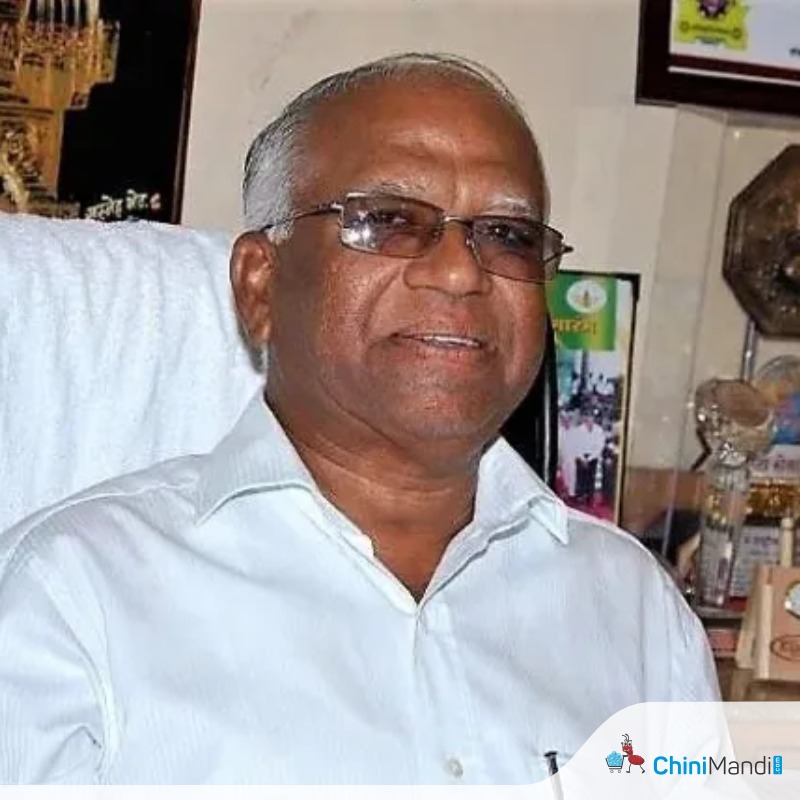The Government recently allowed export of 2G ethanol (ethanol manufactured from agricultural residues etc) to enhance the international market for the indigenously produced green fuel. Speaking on the matter, B B Thombare, President, West India Sugar Mills Association and Managing Director of Natural Sugar and Allied Industries, said that the Government should allow export of 1G ethanol (manufactured from molasses and grain-based feedstocks) as there is surplus production in the country.
“The Government policy initially was meant to produce ethanol from the sugar industry. However, now we see that the grain-based ethanol is gaining more priority as compared to sugar at almost a 60:40 ratio with a bias towards grain”, he said.
Last week, the Government released a tender for ethanol procurement by OMCs in the news Ethanol Supply Year starting 1st November 2025. Thombare said that it is disappointing for the sugar industry that the ethanol procurement price from B Heavy Molasses and Sugarcane Juice was not revised. “There should be a proportional increase with the increase in the sugarcane FRP price. The Government has revised sugarcane FRP upwards, but there is no increment in the price of ethanol”, he said.
Thombare said he was definitely expecting that the Government would consider the industry’s request and proportionately increase the ethanol price.
“Sugarcane FRP has increased from Rs 290 per quintal to Rs.355 per quintal, but the MSP of sugar, as well as the price of ethanol, has remained the same. The economic viability of the sugar industry has totally gone. The Government is not giving priority to the manufacturers,” he said.
The Association would be making fresh representation to the Government. “Our request, once again, is that the Government should increase the price of ethanol derived from both B-heavy molasses and sugarcane syrup, and also review the Minimum Support Price (MSP) for sugar. At present, the Government has given first priority to long-term supply agreements and placed the private sector at the lowest priority in terms of allocation to OMCs. This is, although nearly 75% of ethanol production capacity and major investments have come from the private sector,” he said.
Thombare said that if the Government does not revise these prices, the sustainability of the sugar industry will be seriously threatened. “Ultimately, the cost will fall on farmers, leading to defaults in payments and financial stress for sugar mills. The industry has, in the past five years, been able to ensure 100% and timely farmer payments largely due to ethanol revenues. Without supportive pricing, both the industry and nearly 5 crore farmers dependent on it will face suffer”, he concluded.


















[…] Source : Chinimandi […]